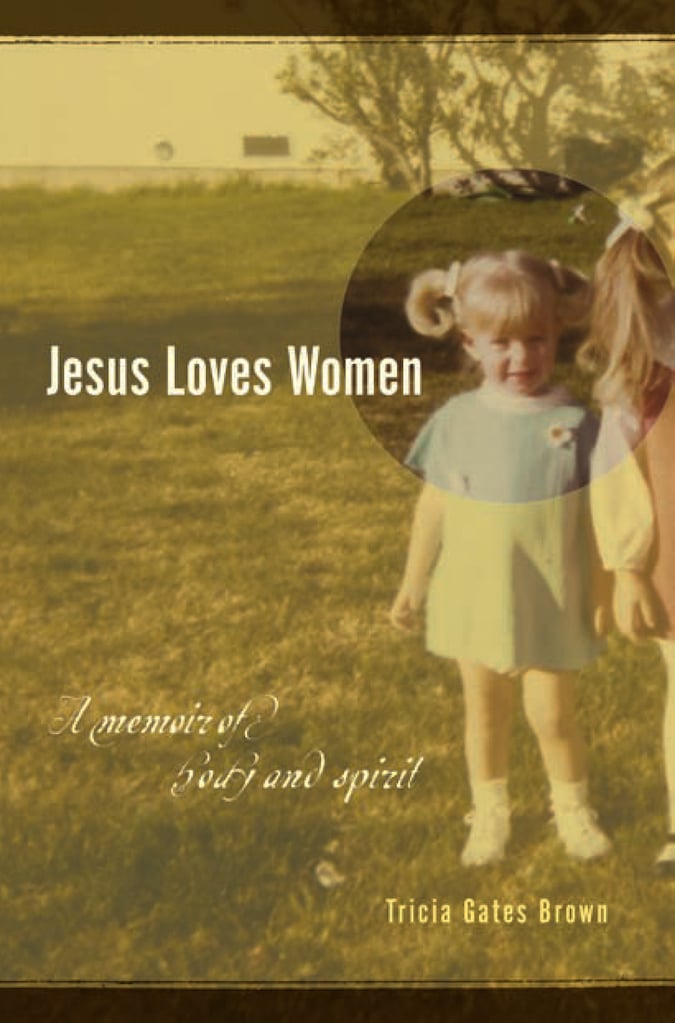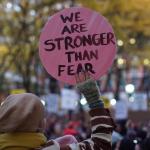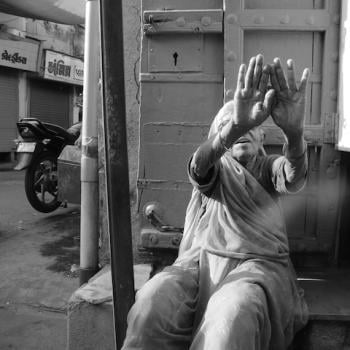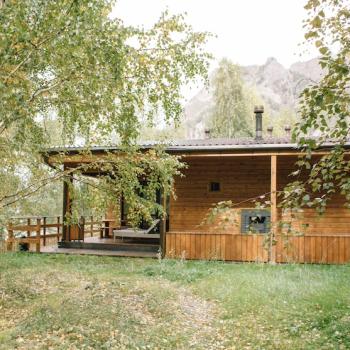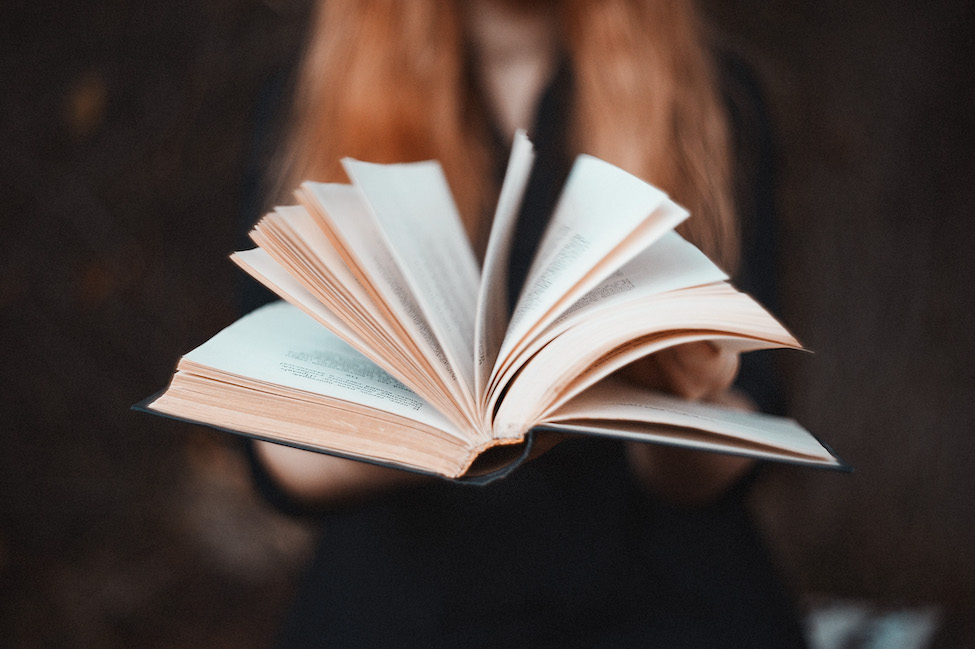
Learning to kneel took me decades. It was not something I did in my upbringing; and before I could kneel, I needed to know why. Then I learned to kneel at a communion rail each Sunday, taking into my hands a small wafer and drinking a swallow of wine from a common silver chalice. The kneeling was part of the ritual’s grounding, of the receiving. Then I learned to kneel as I said the ritual “prayer of repentance”: I have not loved you with my whole heart … I have not loved my neighbor as myself…: words that felt like truth-telling to me, not self-flagellation, like an eye-opening to something I wanted to repeat because otherwise I might ignore it, selling myself short. The why of kneeling, for me? To get closer to the Ground of all Being, where I am humbled and uplifted in my oneness with humanity, with animals and trees, and with God, the Ground of Being this creation incarnates. (I recognize many cannot kneel because of knee pain, and I’m not elevating kneeling per se. What is important is ritual, not the kneeling.)
I recently heard a discussion about the decline of religious-spiritual services in the United States in which a speaker expressed that modern people often don’t need religion and ritual anymore because their lives are full of other pursuits. People who have walked away from religion, he said, don’t feel a lack. While I could agree with this in principle and have seen it in people who find richness and meaning and ritual throughout their days, I generally don’t see this richness and meaning-making. I wish I did. Quite often, I see people reaching for ritual in ways that don’t serve their wellness well.
When I have communed with small groups within my own tradition of Episcopalianism, it is because I need spiritual ritual. It is not about doctrines or cognitive beliefs. The fact is, I think we all need spiritual ritual—something that stops us, quiets us, guides us inward, and reminds us of who we are. I gravitated to my community for all sorts of reasons—some spiritual, some social. But it is hunger for ritual that rumbles most loudly in the belly of my soul. Spiritual ritual takes many forms—not all religious. I think walking in nature, attending a poetry reading, dance, thoughtful reading, or deep, good theater can be spiritual ritual if they challenge us to ask: why am I here? …to what am I given? A ritual activity is spiritual if it draws us out of the false self and into Love, into something far greater than ourselves. Of course, spiritual ritual can be done as badly or as well as any human endeavor.
The endless variety of religious and spiritual ritual is not a failing, though. Variety in spiritual expression merely speaks to our diversity, our multifarious tastes, and expresses our natural, graced heterogeneity. There are beautiful rituals, rituals of great integrity, that simply don’t resonate with me. On me, they are an ill-fitting shoe. And what suits me will surely cramp the style of others (declining attendance at mainline churches attests to this!). If a spiritual ritual offered to you doesn’t suit, perhaps keep searching.
When I ponder: Why spiritual ritual?, I can’t help but notice what transpires when spiritual ritual is absent. In part, we need these rituals because of what we tend to do without them—in their absence. Looking around us and at our own lives, we see how our tendencies can steer us toward unhealth. For better or worse, we are extraordinarily ritual beings. And without spiritual ritual, we fill the ritual-vacuum with something. Into the vacuum caused by its absence floods habit, another kind of ritual. But habit-as-ritual tends to be unexamined and compulsive. We all have these unexamined, compulsive habits that give structure to our days. Our brains actually need them. But when in the absence of spiritual ritual our ritual-habits are all we have, we can become reactive, rigid, shallow, and highly vulnerable to things like advertising, highly partisan politics, and propaganda. Especially when our rituals are done in isolation, divorced from the sounding-board of community. We can end up lacking the introspective, wise, self-critical lens a spiritual tradition can provide, and end up tossed about on our experience instead of grounded in our center. Out of habits our brains form synapses, or neural pathways, as we repeat certain actions over and over again—giving habits great power.
For me, many of the liturgical words repeated in my tradition on Sundays are as nourishing to me as ritual actions. The words shape me; they form a particular neural pathway each time I say them. I’ve written elsewhere how I love these words: “Send us now into the world in peace, and grant us strength and courage to love and serve you with gladness and singleness of heart.” Peace, strength, courage, love, service, gladness, singleness of heart. I need these words on my lips on a regular basis, corralling the otherwise scattered intentions of my heart. The words of this prayer are ancient and beautiful, and as I say them on a regular basis, they alter me. Ritual acts on the brain, on the neural structure, crafting us into the people we are becoming. I could go into all the ways we engage in rituals that build unhealthy neural structure, but I won’t. We know this already. The point is: ritual also has the power to heal our hatred and divisions—if we let it.
Thank you for supporting my work by subscribing!
Available HERE


